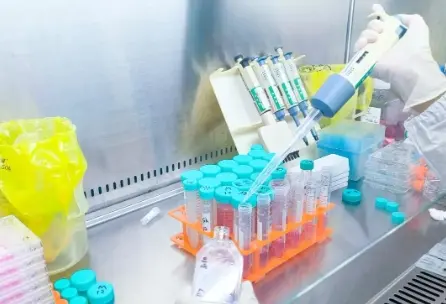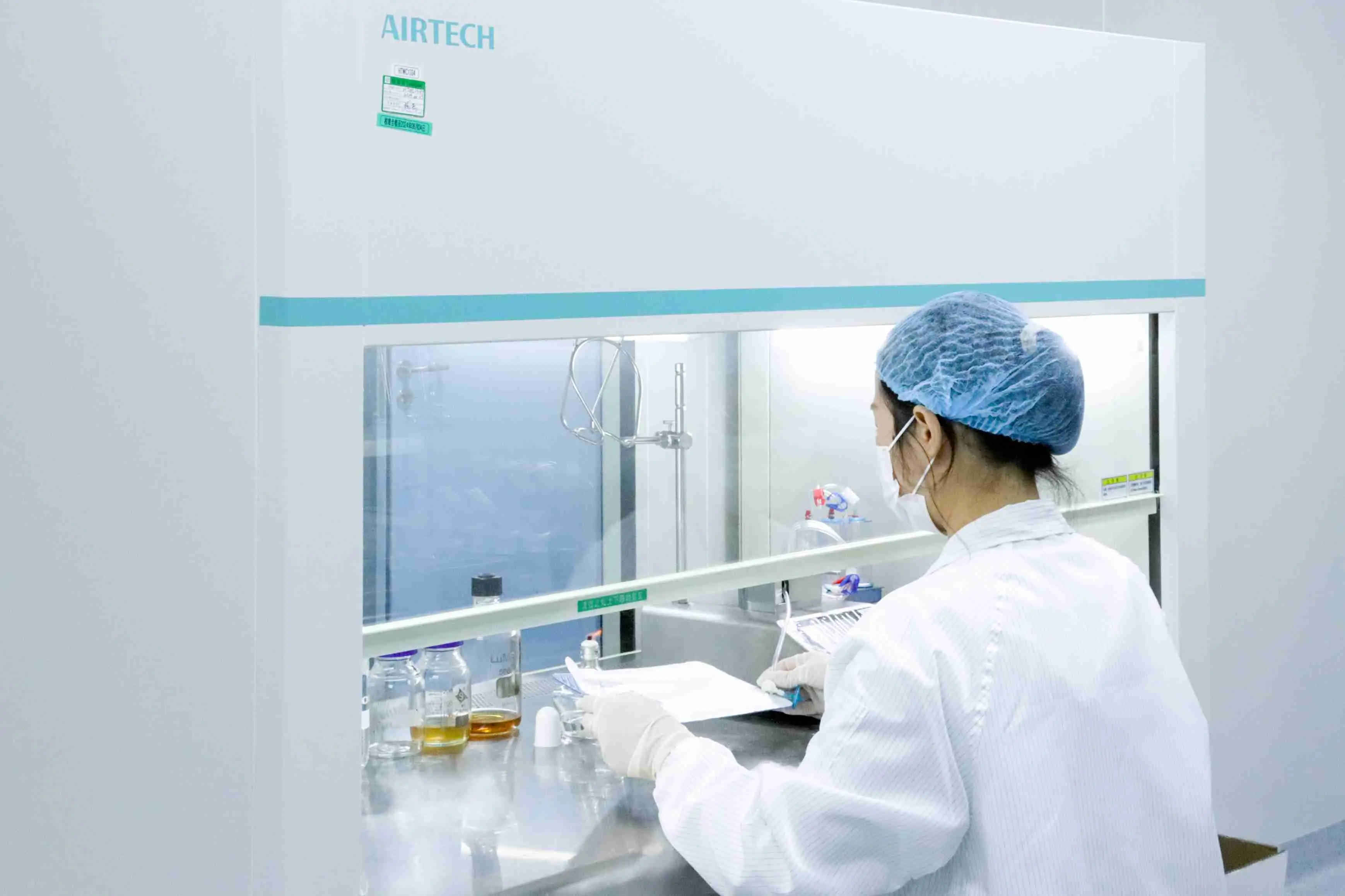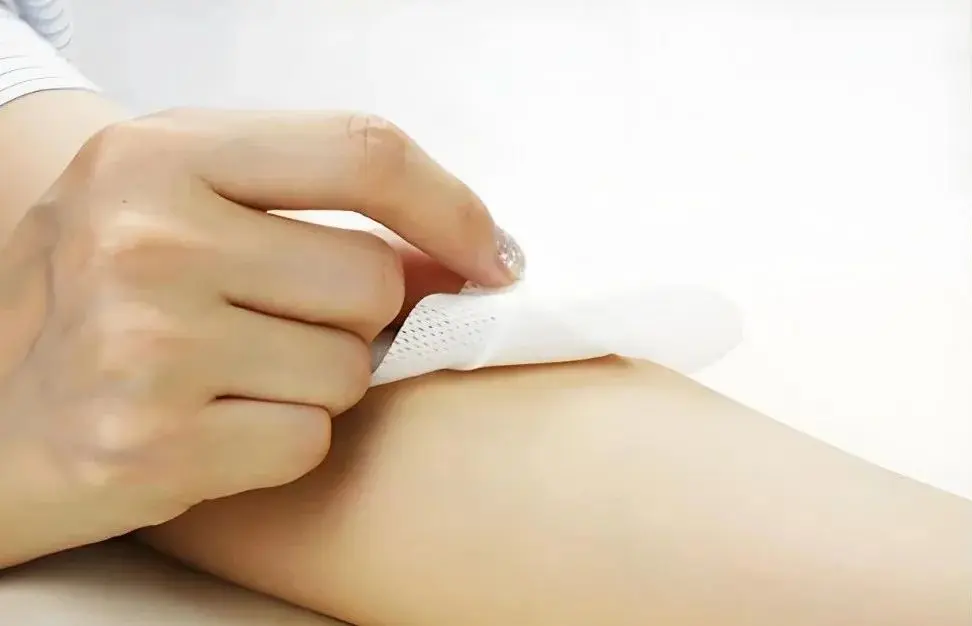
Export Certifications for Electrified Products to the US
The U.S. market is one of the largest markets for electrical products in the world. Manufacturers looking to export electrical products to the United States need to meet a series of certifications and standards. These certifications not only help ensure product safety and performance but also enhance product competitiveness. This article will introduce the main certifications and standards required for exporting electrical products to the United States.
What Certifications are Needed for Exporting Electrical Products to the U.S.?
1. UL certification (Underwriters Laboratories)
UL certification is one of the most common certifications when exporting electrical products to the U.S. UL is an independent certification organization in the United States, specializing in testing and certifying the safety and performance of various electrical and electronic products. The UL mark is one of the widely recognized marks in the U.S. market, indicating that the product complies with relevant standards and regulations.
2. FCC Certification (Federal Communications Commission)
If the electrical product includes wireless communication functions such as Wi-Fi or Bluetooth, it needs to obtain FCC certification. FCC certification ensures the product's electromagnetic compatibility to avoid interference with other devices. This is crucial for exporting electronic devices, as products must comply with U.S. regulations on electromagnetic compatibility.
3. Energy Star Certification
Energy Star certification relates to energy efficiency, targeting various electrical and electronic products. This certification mark indicates that the product excels in energy consumption, helping to save energy and reduce environmental impact. Many American consumers prefer products with the Energy Star mark when purchasing electrical products.
4. NRTL Certification (Nationally Recognized Testing Laboratory)
NRTL certification is issued by certification bodies recognized by the U.S. Department of Labor, used to test and certify the safety of various electrical and electronic products. Products with NRTL certification can be legally sold and used in the U.S. market.
5. NEC Certification (National Electrical Code)
NEC certification relates to electrical safety, ensuring that the design and installation of electrical products comply with U.S. electrical safety standards. This certification is crucial for the installation and use of electrical products within the United States.
6. ANSI Certification (American National Standards Institute)
ANSI certification pertains to product performance and safety, applicable to various industries and product types. ANSI certification ensures that products meet relevant national standards and regulations.
7. csa certification (Canadian Standards Association)
CSA certification typically applies to the Canadian market but can also be used in the U.S. market in some cases. It covers testing and certification for product safety and performance.
8. AHAM Certification (Association of Home Appliance Manufacturers)
AHAM certification applies to household appliances such as refrigerators, washing machines, and dishwashers. It ensures that these products meet relevant standards in terms of performance, energy efficiency, and safety.
To export electrical products to the United States, a series of certifications and standards must be met to ensure their safety, performance, and legality. UL certification, FCC certification, and Energy Star certification are among the most common certifications, but specific requirements may vary depending on the product type and usage. Exporters typically need to work with professional certification bodies to ensure their products meet U.S. market requirements and can successfully enter this vast market. By adhering to relevant certifications and standards, exporters can enhance their product competitiveness, meet the needs of U.S. consumers, and ensure product quality and safety.
Email:hello@jjrlab.com
Write your message here and send it to us
 What to Do If Cytotoxicity Test Results Are Positi
What to Do If Cytotoxicity Test Results Are Positi
 ISO 10993:5 Cytotoxicity Testing Methods
ISO 10993:5 Cytotoxicity Testing Methods
 FDA ISO 10993-1 Biocompatibility Evaluation Guidel
FDA ISO 10993-1 Biocompatibility Evaluation Guidel
 In Vitro Cytotoxicity Testing for Medical Devices
In Vitro Cytotoxicity Testing for Medical Devices
 Biocompatibility Test Cases
Biocompatibility Test Cases
 Wound Dressing Registration and Testing Services
Wound Dressing Registration and Testing Services
 ISO 10993 In Vitro Cytotoxicity Testing
ISO 10993 In Vitro Cytotoxicity Testing
 Medical Suture Compliance Certification Testing
Medical Suture Compliance Certification Testing




